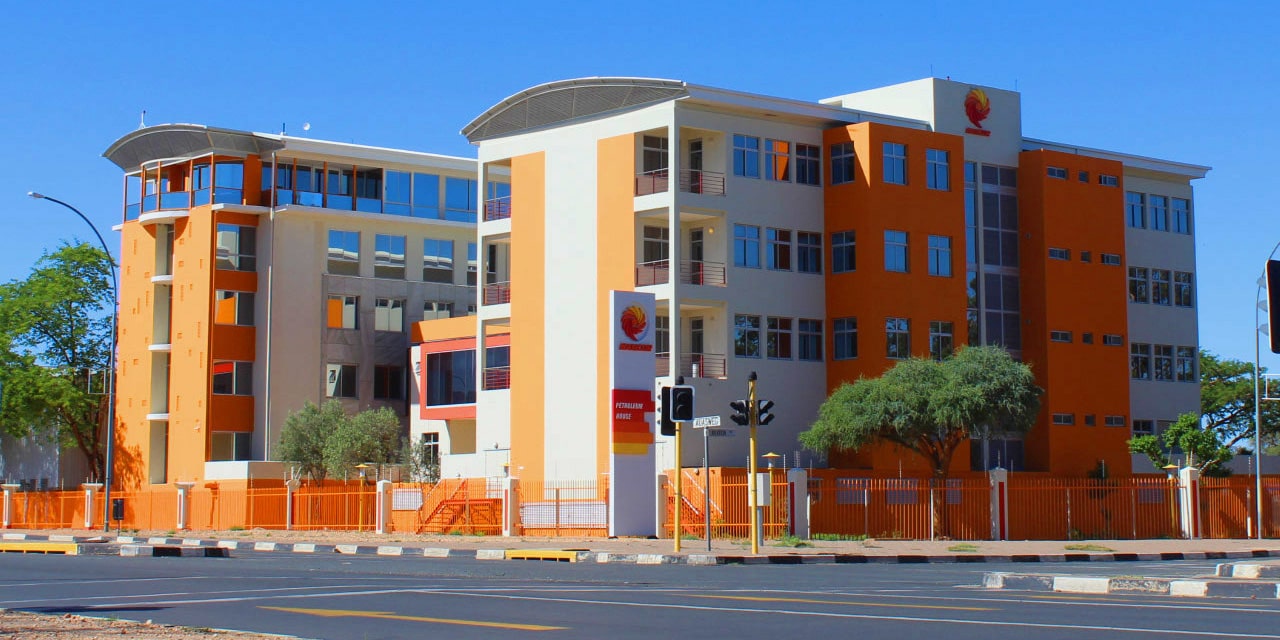Niël Terblanché
The Etunda Green Scheme in the Omusati region has seen a rise in maize yields this year, with production increasing from an average of 7 tonnes per hectare to as much as 11 tonnes per hectare on some fields irrigated by pivot systems.
According to acting farm manager Sackey Shilyomunhu, the outstanding turnaround follows much-needed repairs and replacement of equipment that had previously hampered operations.
“The transformation is evident across the 450 hectares now allocated to commercial farming and 220 hectares for small-scale farmers—more than double the area under cultivation compared to last year,” he said.
“This year, the grain is growing well, and we have bounced back from facing difficulties with broken and damaged equipment. Some of the machines and pivots were replaced, and others were repaired. With all this done, we were able to expand cultivation on the land,” he said.
According to Shilyomunhu, last year’s harvest reached only 1 500 tonnes, but this year the scheme is expected to produce up to 4 000 tonnes, with ambitions to achieve an annual harvest of 10 000 tonnes in future seasons.
The improvements are seen as vital not only for boosting production but also for enhancing food security and economic resilience in the region.
Shilyomunhu said 30% of the harvested grain is sold to external millers, while 17% is processed on site and sold locally, including to distributors in neighbouring Angola and other regions.
He believes the scheme’s growing market reach demonstrates what is possible when production capacity is fully harnessed.
The Minister of Agriculture, Fisheries, Water and Land Reform, Mac Hengari, during a staff engagement in Windhoek on Wednesday, reiterated the government’s intention to expand irrigation infrastructure and green schemes nationwide.
“We must develop new and expand existing green schemes and ensure that all are put under full production to enhance national food production for food security. We must ensure the continuous availability of essential agricultural production inputs to support both small, medium and large-scale farmers,” he said.
The minister also called for the implementation of comprehensive policies and strategies to boost agricultural productivity and support both commercial and subsistence farmers.
He said this should be done in tandem with providing veterinary and plant health services to build a stronger foundation for long-term growth in the sector.
In addition to increasing productivity, Hengari said the ministry aims to invest in agro-industries that can process and package agricultural produce locally.
“We need to dedicate our resources to the development of agro-industries because of the potential these industries hold in boosting the economies in all fourteen regions,” he said.
The Etunda Green Scheme, by investing in infrastructure and expanding production, appears to be a working model for the kind of agricultural development the government envisions.




